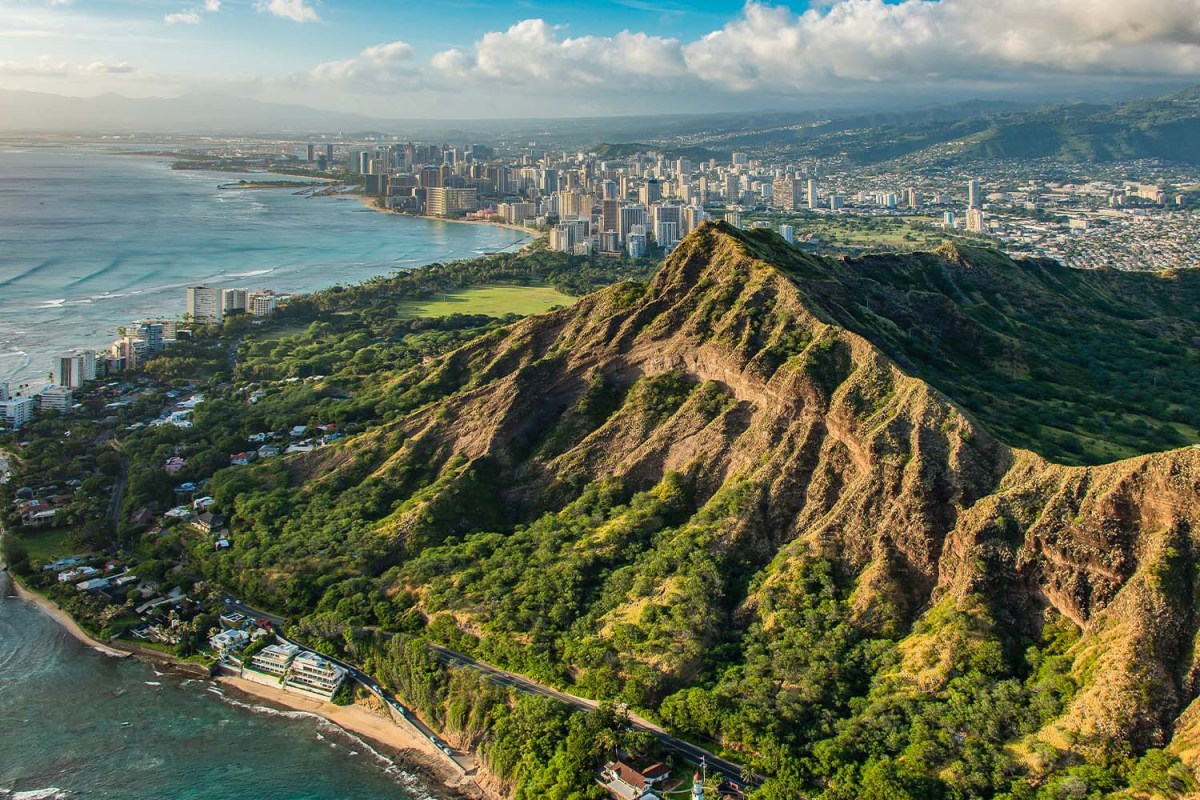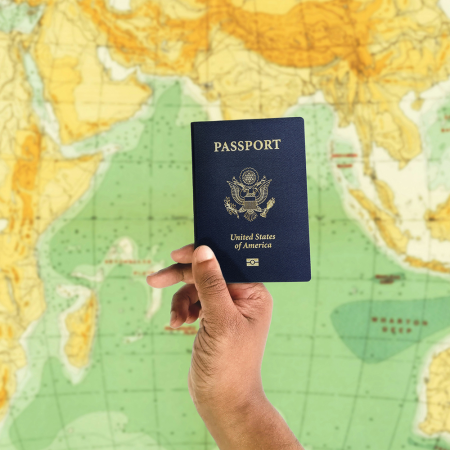From a lack of transportation and traffic congestion to a surplus of trash and a water shortage, overtourism has created a whole myriad of problems for Hawaii in recent years. In spite of pleas from many native Hawaiians, up to and including Governor David Ige, it hasn’t deterred people from visiting. A tourism fee might, though. Or, at the very least, it will help to combat the nearly-irrevocable damage to Hawaii’s natural environment at the hands of said tourists.
Per a new report from the Associated Press, Hawaiian lawmakers are considering implementing legislation that would require tourists to pay for a yearlong license or pass to visit state parks and trails, the price of which has not yet been determined. The legislation would require all nonresidents 15 years and older to purchase the pass online or on a mobile app, and violators to face fines (although penalties won’t be imposed during a five-year “education and transition period”).
Inside the Efforts to Bring Native Plants Back to Hawaii
Where history and science converge“All I want to do, honestly, is to make travelers accountable and have the capacity to help pay for the impact that they have,” Democratic Gov. Josh Green has said previously. “We get between nine and 10 million visitors a year (but) we only have 1.4 million people living here. Those 10 million travelers should be helping us sustain our environment.”
To be clear, the fee is not the same as the one the governor proposed as part of his campaign last year, which would have seen tourists pay $50 to merely enter the state (it was ultimately decided that that would violate U.S. constitutional protections for free travel). Rather, this fee would help promote, and protect, the state’s parks and trails, which makes sense given that, per State Rep. Sean Quinlan, hiking in Hawaii has increased 50% over the course of the last decade.
That, and social media has given rise to more obscure sites that the state has not previously had to commit resources to protect and maintain.
“It’s not like it was 20 years ago when you bring your family and you hit maybe one or two famous beaches and you go see Pearl Harbor. And that’s the extent of it,” Quinlan said. “These days it’s like, well, you know, ‘I saw this post on Instagram and there’s this beautiful rope swing, a coconut tree.’”
For the uninitiated, a tourism fee is hardly a novel idea. Destinations like Thailand and Venice, which have long suffered the consequences of overtourism, also have a tourism tax in place. That said, I think we can all agree that it is ultimately the responsibility of individuals to negate those effects where legislators fall short. Pick up your trash, wear reef-safe sunscreen and stop trying to touch sea turtles.
Thanks for reading InsideHook. Sign up for our daily newsletter and be in the know.




















